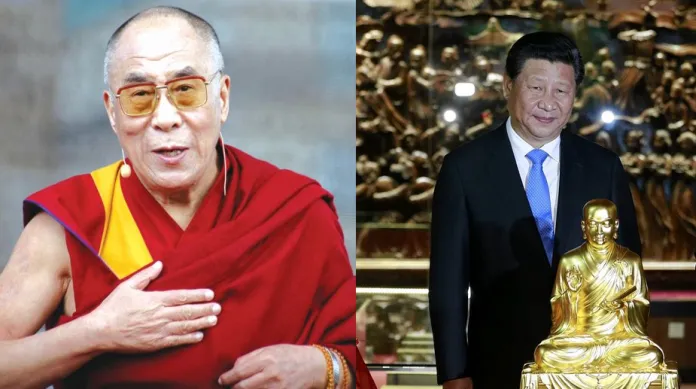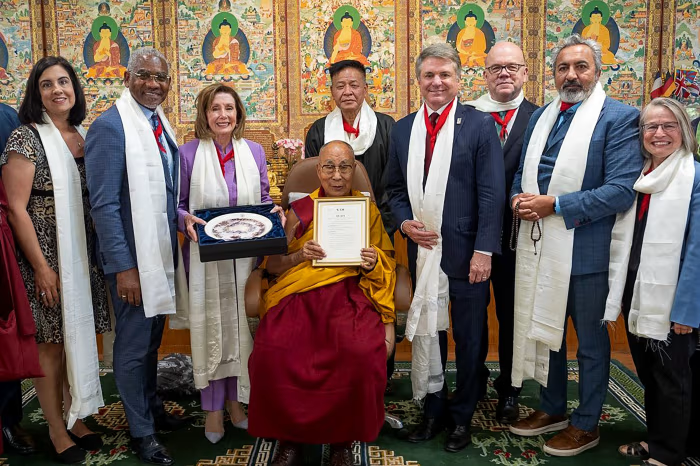
Dalai Lama on Successor
The spiritual leader of Tibetan Buddhism, the 14th Dalai Lama, has once again challenged China’s stance by firmly asserting that his successor will be selected according to Tibetan religious traditions — not by the Chinese government. This bold declaration reinforces the long-standing spiritual and political divide between the Tibetan community in exile and Beijing’s Communist leadership.
Dalai Lama Stands Firm Against China

The Dalai Lama stated during a recent public appearance that only Tibetan spiritual leaders have the authority to determine his reincarnation. This authority is a key aspect of Tibetan Buddhist tradition. He emphasized the spiritual nature of choosing a successor, emphasizing centuries-old Buddhist practices over political influence or state control. “If the people of Tibet wish to continue the institution of the Dalai Lama, then the process will be decided solely based on our tradition,” he stated.
China, on the other hand, has repeatedly claimed the right to oversee the selection of the next Dalai Lama, asserting that it must comply with Chinese laws and regulations. The Dalai Lama has consistently dismissed the claim. He calls it a political strategy to control Tibetan Buddhism and suppress religious freedom.
Beijing’s Political Interference Sparks Global Concern
Beijing’s insistence on controlling the Dalai Lama’s succession has sparked concern among global human rights organizations and Buddhist communities worldwide. Experts believe the Chinese government aims to appoint a pro-Beijing figure as the next Dalai Lama. This move aims to further integrate Tibet into China’s political framework and diminish international support for the Tibetan cause.
Chinese authorities have implemented measures to manage religious institutions in Tibet. These measures include requiring religious figures to seek state approval. This has led to accusations of religious suppression and cultural erasure, especially among exiled Tibetans and advocates of Tibetan autonomy.
International Support for Tibetan Autonomy

Support for the Dalai Lama’s position continues to grow internationally. Several world leaders and religious figures have expressed their backing for a succession process that honors Tibetan tradition and autonomy. Human rights groups stress that China’s attempt to manipulate religious succession violates international principles of religious freedom and self-determination.
Conclusion: A Spiritual Legacy at Stake
In conclusion, the Dalai Lama’s rejection of China’s claims highlights a critical moment in the Tibetan freedom movement. His insistence on a traditional, faith-based selection process for his successor highlights the importance of preserving Tibet’s spiritual and cultural identity. This emphasis underscores the significance of maintaining Tibet’s unique spiritual and cultural heritage. Tensions rise, and the world watches to see how China will respond. Will China escalate its efforts to control the process, or will Tibetan traditions determine the future of this revered spiritual lineage?

